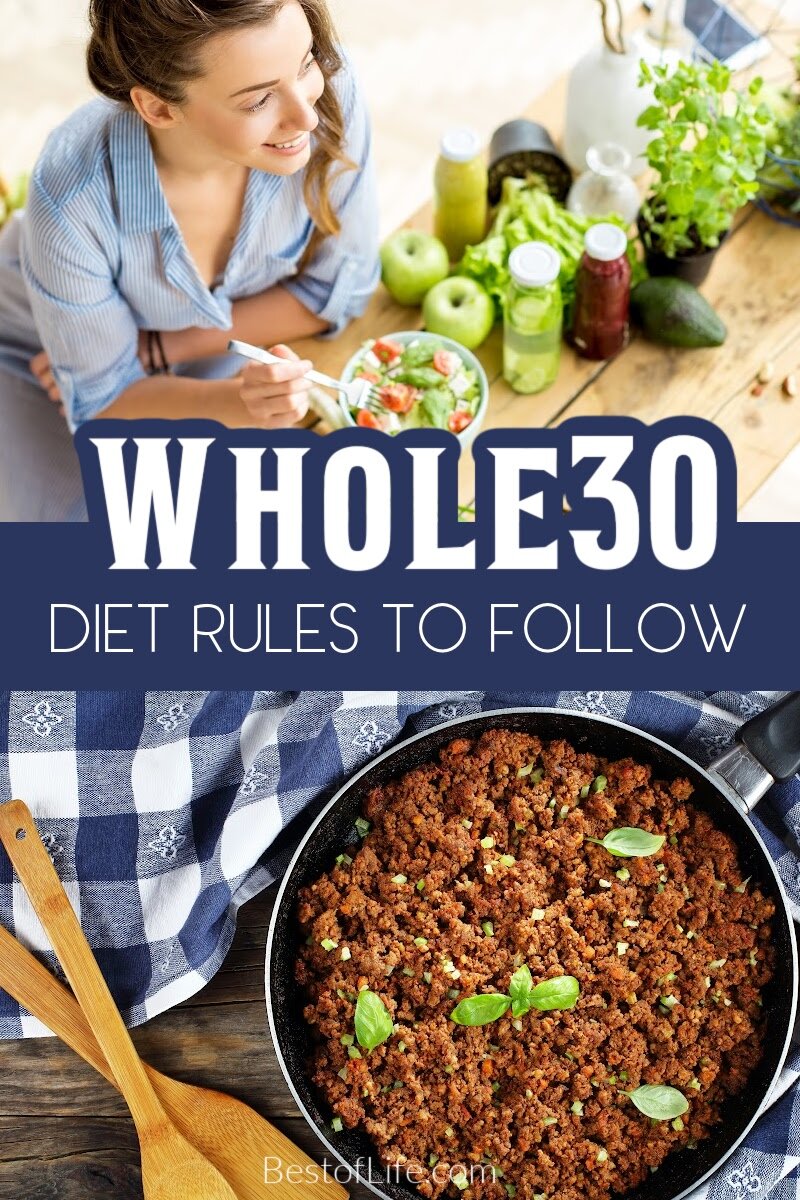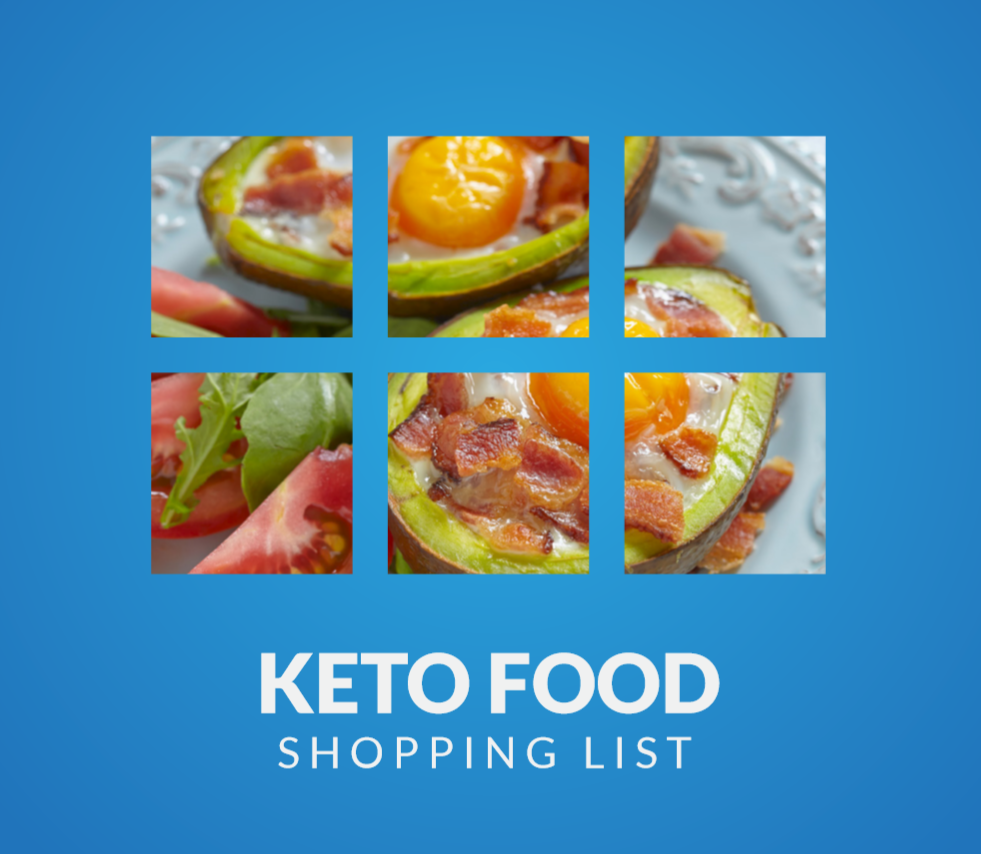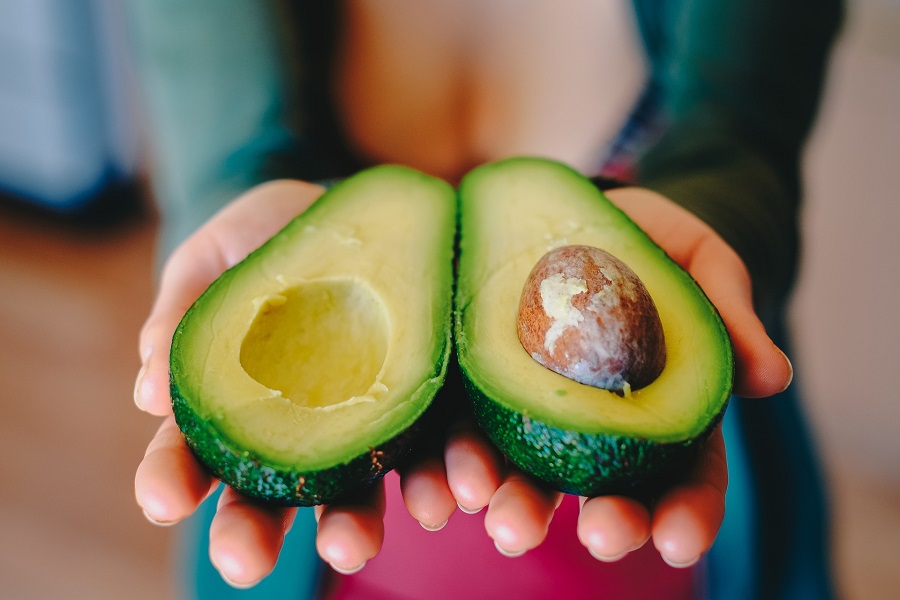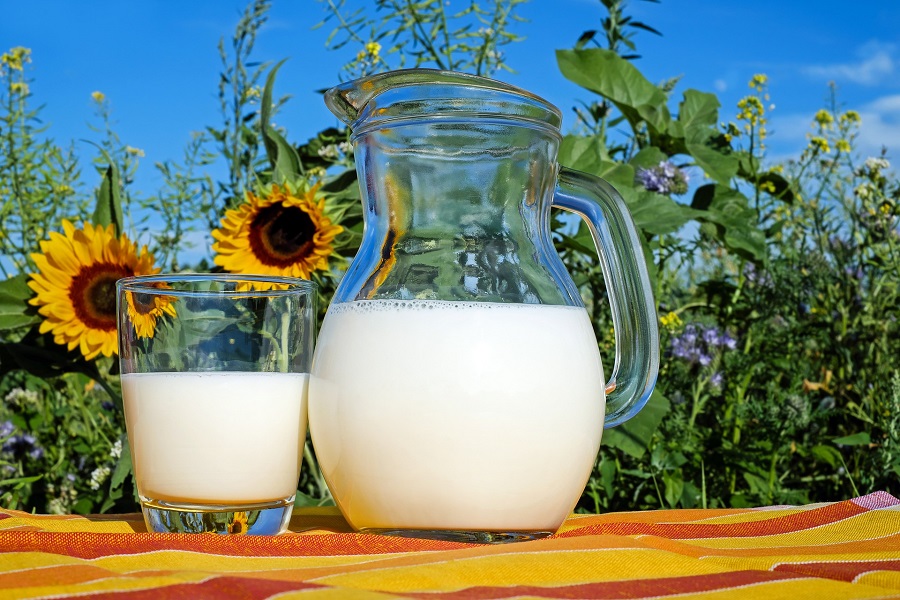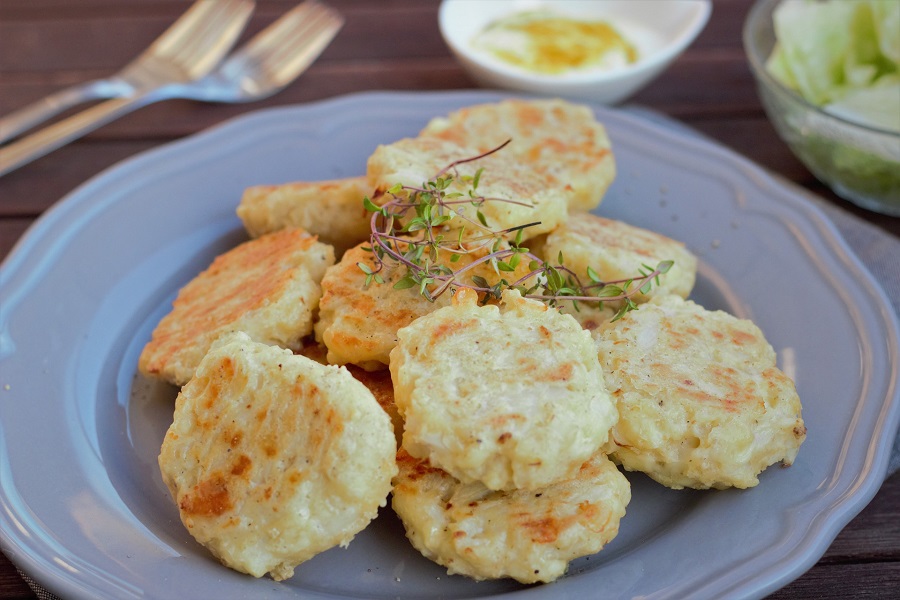Whole30 Diet Rules | 10 Whole30 Diet Tips
Whole30 focuses on your overall health and feeling of wellness. Making tasty food choices is the key. There’s no need to weigh, measure, or count anything. Just stick to the Whole30 diet rules for 30 days, eat healthy food, and feel the difference.
Whole30 cofounder Melissa Hartwig hesitates to call Whole30 a diet. It’s mostly unlike any “diet” you have ever tried. You won’t track calories or even log your food.
You won’t focus on weight loss, although that is one of the many benefits of doing a Whole30. In fact, you won’t even weigh yourself! You’ll need to know the Whole30 diet rules before you’re ready to start your Whole30 diet to guarantee your weight loss success.
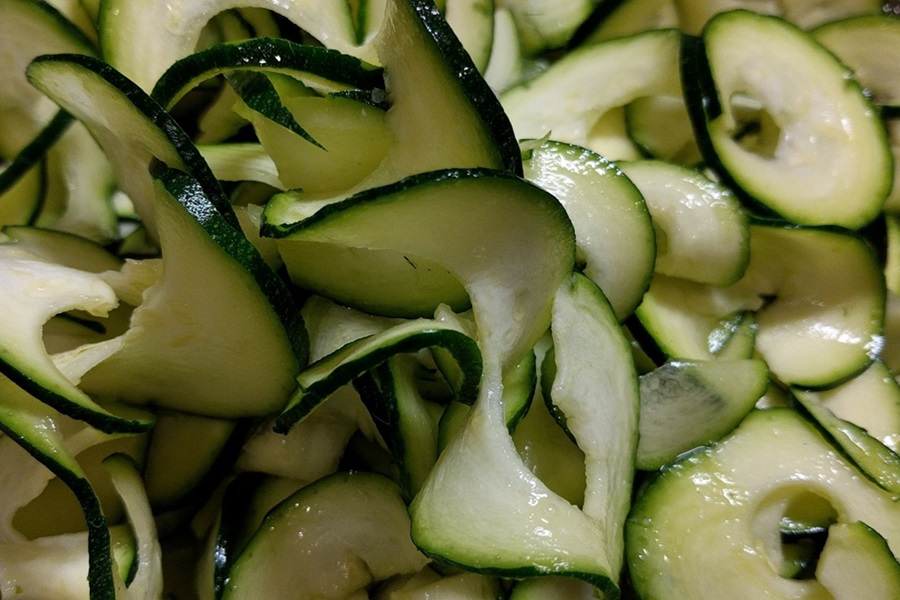
The Whole30 plan is truly an elimination diet. The plan is centered around the idea that inflammatory foods in your diet might be keeping you from total wellness.
Eliminating these foods from your diet for a full 30 days (no slip-ups!) will promote healing, reduce cravings, help your immune system function better, and resolve digestive tract issues.
Here’s the catch. There are Whole30 diet rules. Whole30 requires a total commitment to proper eating for the full 30 days. Grab our Keto Food Shopping List ebook to help with grocery shopping and meal planning!
Whole30 Diet Rules | 10 Whole30 Diet Tips
You must commit to the full program and all of the Whole30 diet rules for the full 30 days, exactly as they are written. Hartwig emphasizes the importance of no cheating.
You need to give your body a complete break from health-damaging food, so if you mess up, you start over. That means no “just a little glass of wine” at a get-together. If carbs are your downfall, be aware!
Even if you accidentally consume added sugar or some other ingredient not permitted on Whole30, you have broken your pattern and need to start over.

Do Your Homework
Whole30 will require some effort on your part. Grocery shopping and meal planning will change. One of the many Whole30 diet rules requires you to read labels for hidden ingredients.
Dining out and attending events where food is served will require some thinking ahead. If you take responsibility on Day 1 and use the tools and resources available to you, you will be able to navigate through your Whole30 smoothly.
That doesn’t mean it will be easy, but it will be worth it.
Eat Real Food
Whole30 is full of approved, whole, and unprocessed foods. Eat foods with very few ingredients. Fill your plate with moderate portions of meat, seafood, and eggs. Eat a lot of vegetables.
Flavor your food with plenty of herbs, spices, and natural fats. Be sure to read labels on some seasoning blends to look for hidden sugar.
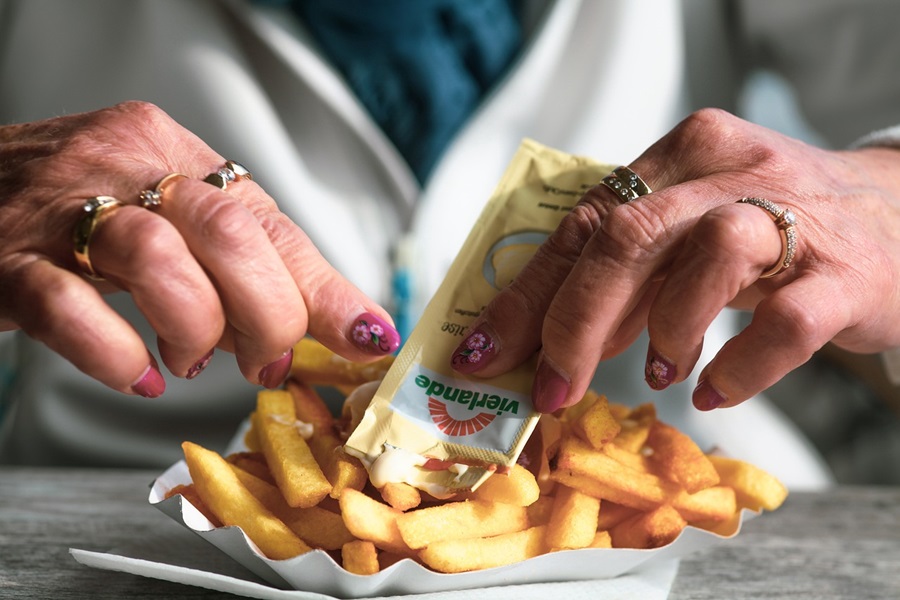
Learn to Say “NO” – Don’t Eat What You Don’t Want
This simple message is directly from Whole30 and Hartwig. It would be best if you learned to say no, you do not have to give in to any pressure or any situation that might call for you to break your Whole30.
You always have a choice. This is a great lesson to learn to keep you following all the Whole30 diet rules and help you make the best choices for you once your Whole30 is over.
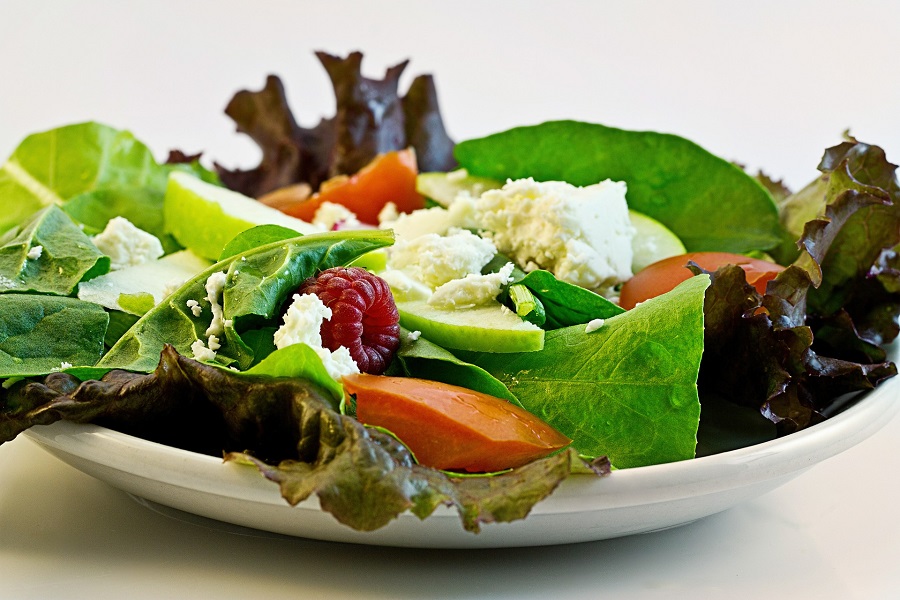
Absolutely No Sugar
Do not consume sugar or artificial sweeteners. Read labels carefully because sugar is in so many products you may not be aware of. For Whole30, sugar means no actual sugar, no honey, agave, no syrups of any kind.
Also, stevia and any other type of “fake” sugars are completely off-limits. Adult drinks fall into the sugar category, so none of those in any form are permitted. Don’t even use it for cooking.
Some products or recipes will include fruit juice as a stand-alone ingredient or natural sweetener. This is the only exception to the Whole30 diet rules. However, use only juice with no added sugar.
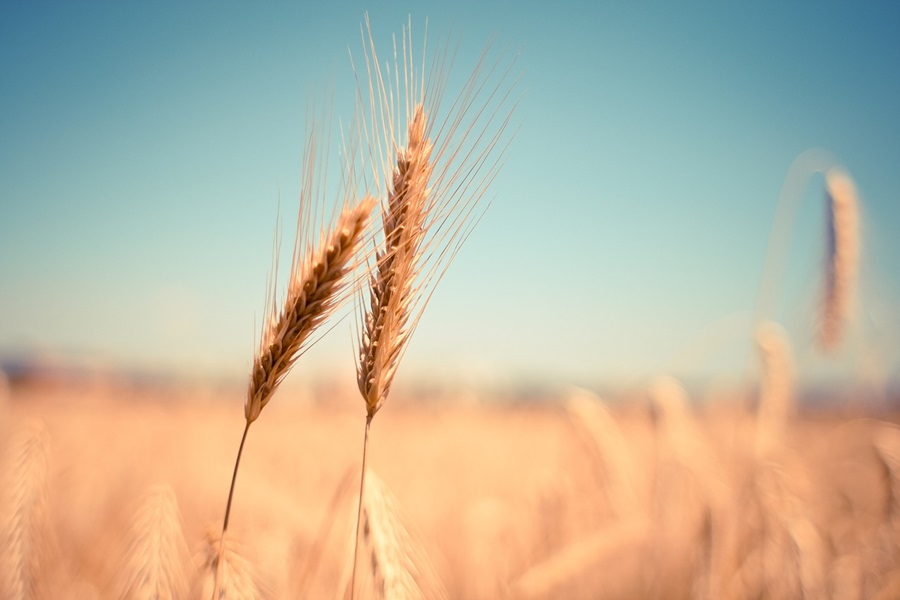
No Grains or Legumes
Grains off limits in Whole30 include (but are not limited to) wheat, rye, barley, oats, corn, rice, bulgur, and sprouted grains. It also includes gluten-free grains, like quinoa, amaranth, and buckwheat.
Again, you will need to read labels carefully because the meal, flour, and starch forms of these grains are also off-limits and are added to so many foods. Legumes include beans of any kind and any form. Soy sauce and any form of soy, such as tofu, are NO.
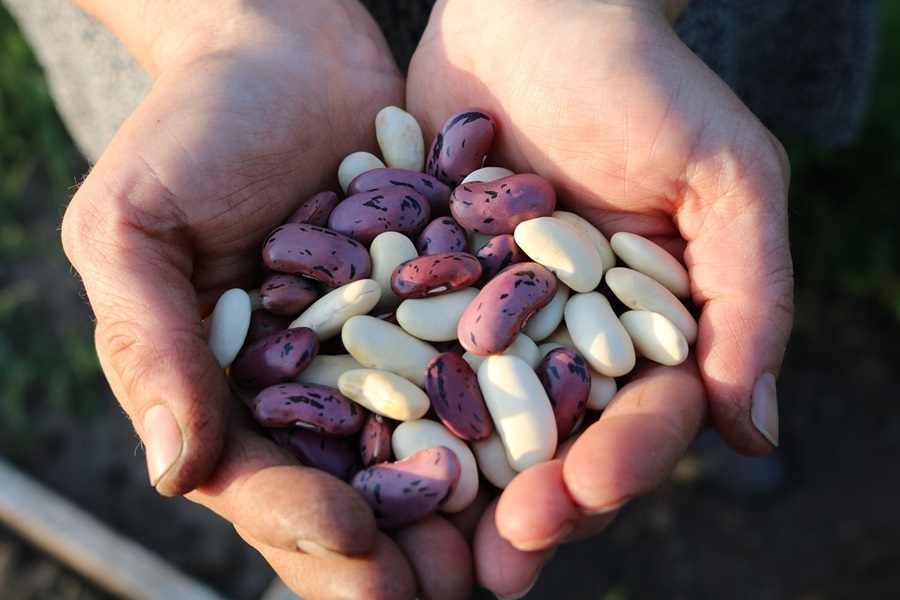
Soy Lecithin is added to many foods and needs to be avoided. Chickpeas, lentils, and peanuts are included in the legume category, which, sorry, means no peanut butter.
Although grains and legumes are often part of a healthy or vegetarian diet, they are not nutrient-dense foods. They also can prevent the absorption of certain amino acids your body needs to support a healthy immune system.
Eliminating them during your Whole30 is important. Green beans, sugar snap peas, and snow peas are technically legumes; however, they are exceptions to the Whole30 rule.
No Dairy
Second only to gluten, dairy is one of the most inflammatory foods in our diets today. If you are one of those people who cannot properly break down lactose, it can cause inflammation, joint pain, and digestive issues.
You may not even know how dairy affects your wellness, which is why Whole30 requires eliminating all forms. This includes cow, goat, and sheep’s milk and all products such as cream, cheese, yogurt, sour cream, and frozen desserts.
Ghee or clarified butter is the only exception, as it doesn’t contain the same milk proteins found in regular butter or dairy.
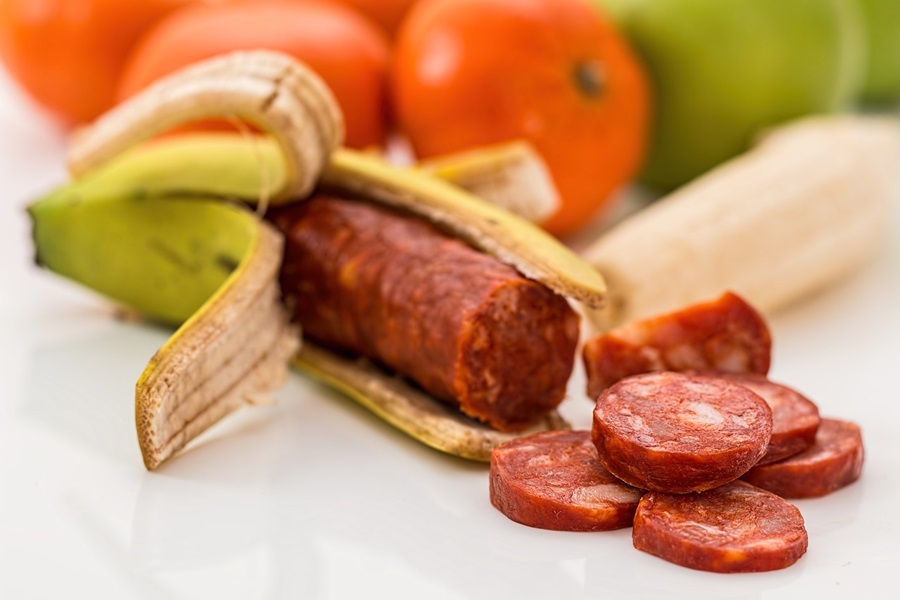
Be On the Lookout for Additives
Do not consume the additives carrageenan, MSG, or sulfites. This will be easiest if you are eating whole and unprocessed foods. These additives thicken, emulsify, and preserve foods and drinks.
Some evidence suggests that they trigger digestive system inflammation, and eliminating inflammation is the purpose of your Whole30.
Don’t Try to Recreate Favorite Foods as Whole30 Foods
The same foods that you loved before Whole30 might be the foods that caused you inflammation or triggered you to eat unhealthy in the first place. If you try to recreate these foods, even if they are Whole30 “friendly,” you could be sabotaging yourself, and you will certainly be missing the point.
This is where your judgment and commitment to yourself will come in. If you suspect that your Whole30-compliant pancakes are not really helping you break up your pancake craving, eliminate it.
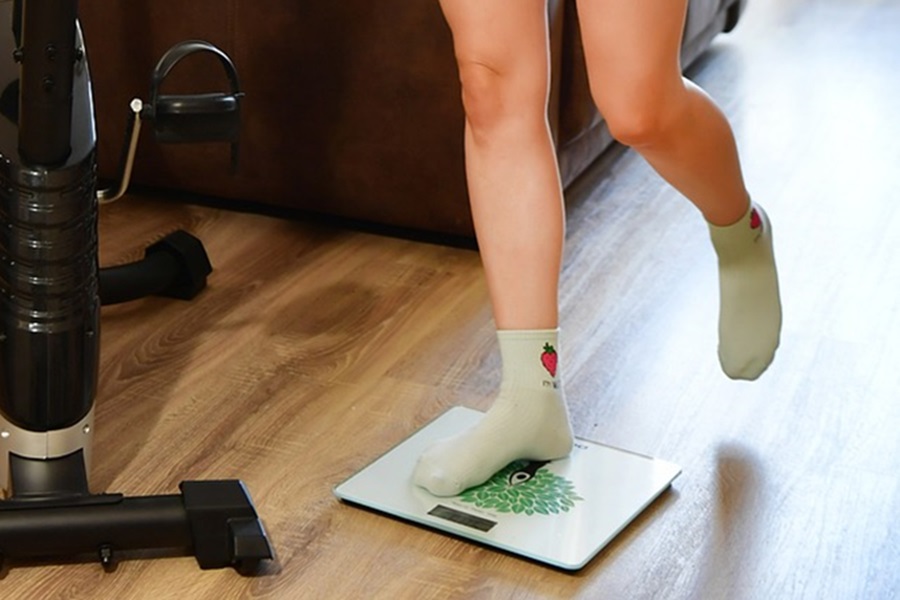
Stay Off the Scale
No matter how much you want to, DO NOT STEP ON THE SCALE for 30 days. Whole30 is about more than weight loss. If you focus on your body composition, you might miss all the other changes happening in your body.
Focus on how you are feeling rather than how much you weigh. The bonus of Whole30 is weight loss. Weigh yourself before you begin and then again after, but in between, hide the scale if you must.
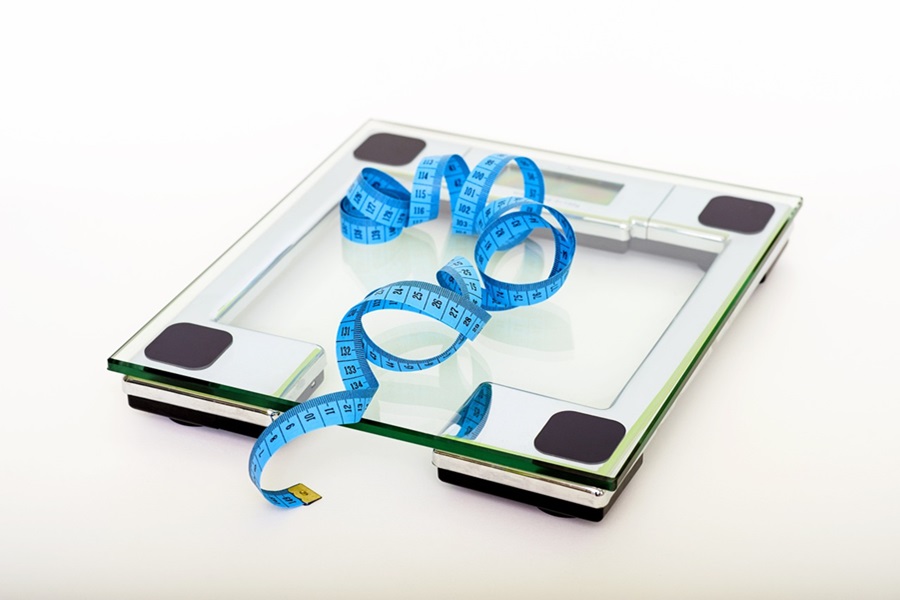
The benefits of Whole30 are worthwhile. Don’t get discouraged by the list of NO’s. There are good reasons these foods are best eliminated. In addition to weight loss, you may see increased energy, improvement in chronic health conditions, clearer skin, and no more cravings for your trigger foods!
That’s a big YES for trying it.
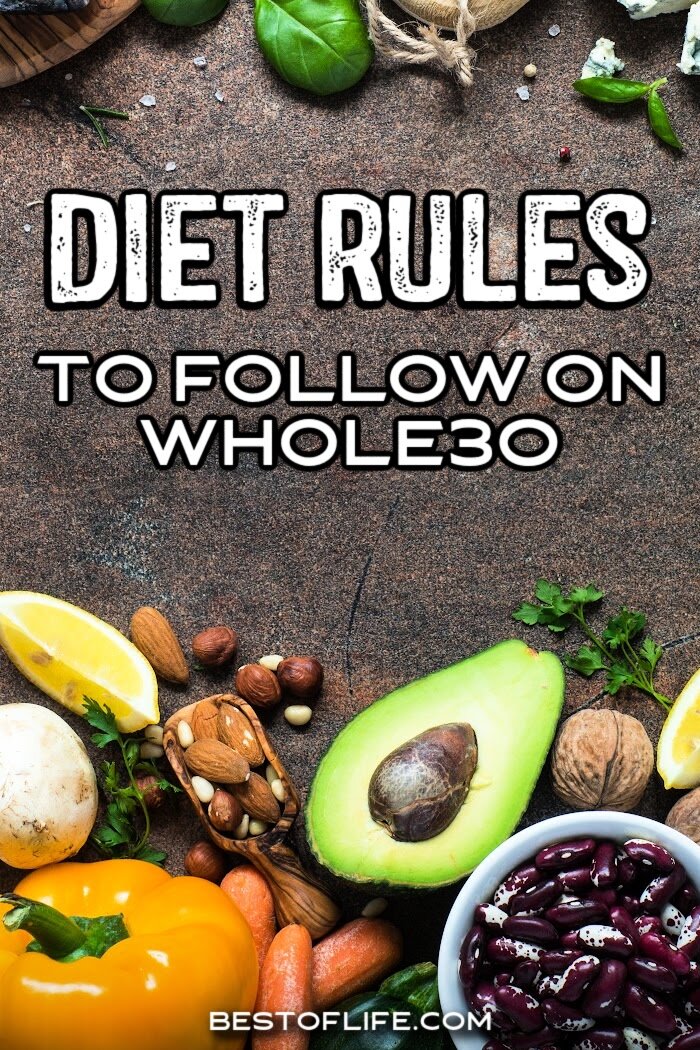
More Whole30
21 Whole30 Friendly Sauces and Dips to Compliment a Meal | Sauces and dips can help enhance the food you make, all while staying healthy.
Make Ahead Whole30 Breakfast Recipes | Breakfast is an easier meal to enjoy, even on busier mornings, thanks to make-ahead recipes.
15 Whole30 Instant Pot Chicken Recipes | Instant Pots can really make a difference in how often you eat healthy.
Whole30 Chicken Recipes that are Perfect for Lunch | Whole30 focuses on a lot of healthy recipes. That means you will enjoy chicken a lot more often. Luckily, there are plenty of different recipes to enjoy.
Easy Whole30 Breakfast Recipes for when you are Short on Time | Make-ahead meals can help you enjoy breakfast more often, but what about when you forget to make ahead?


